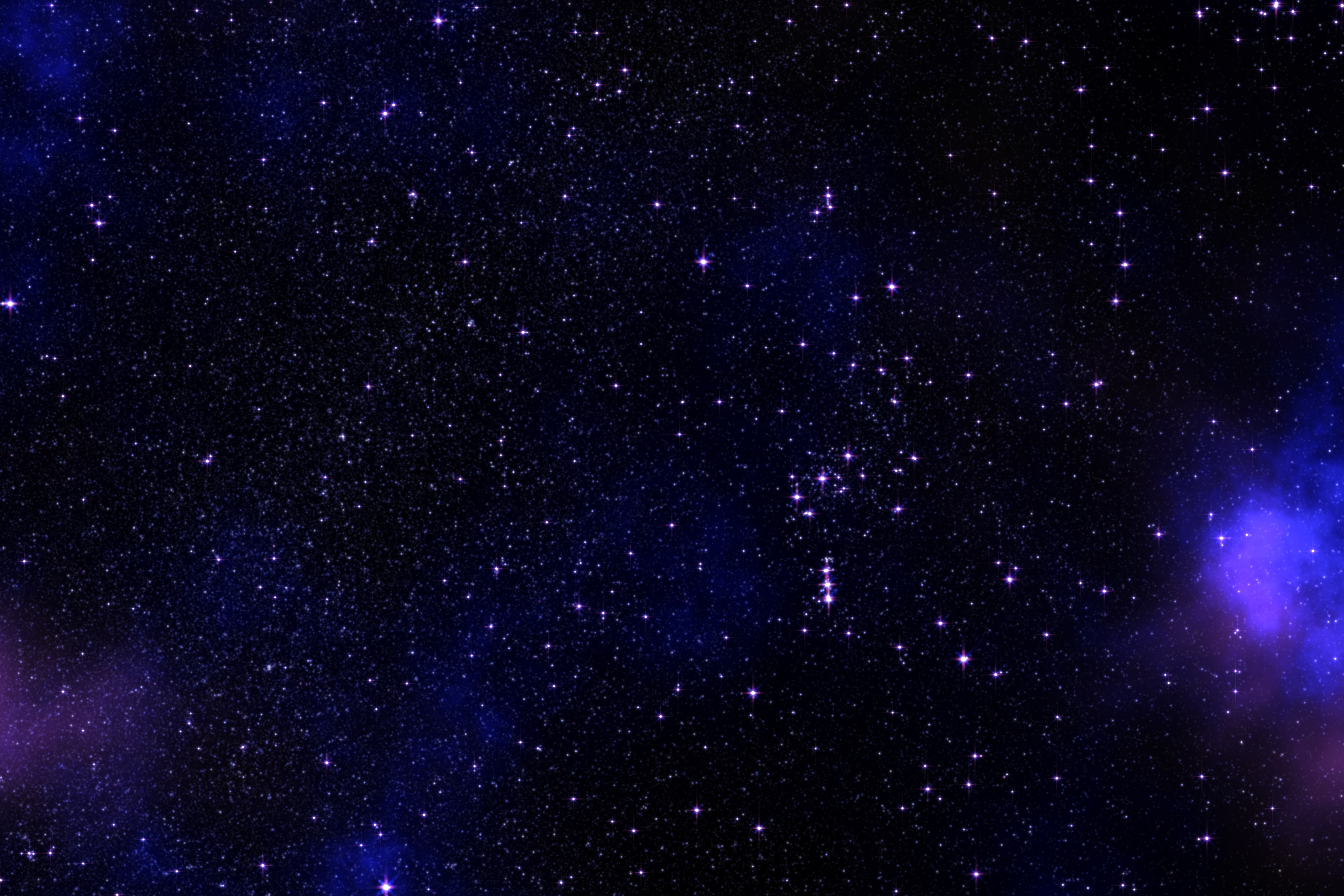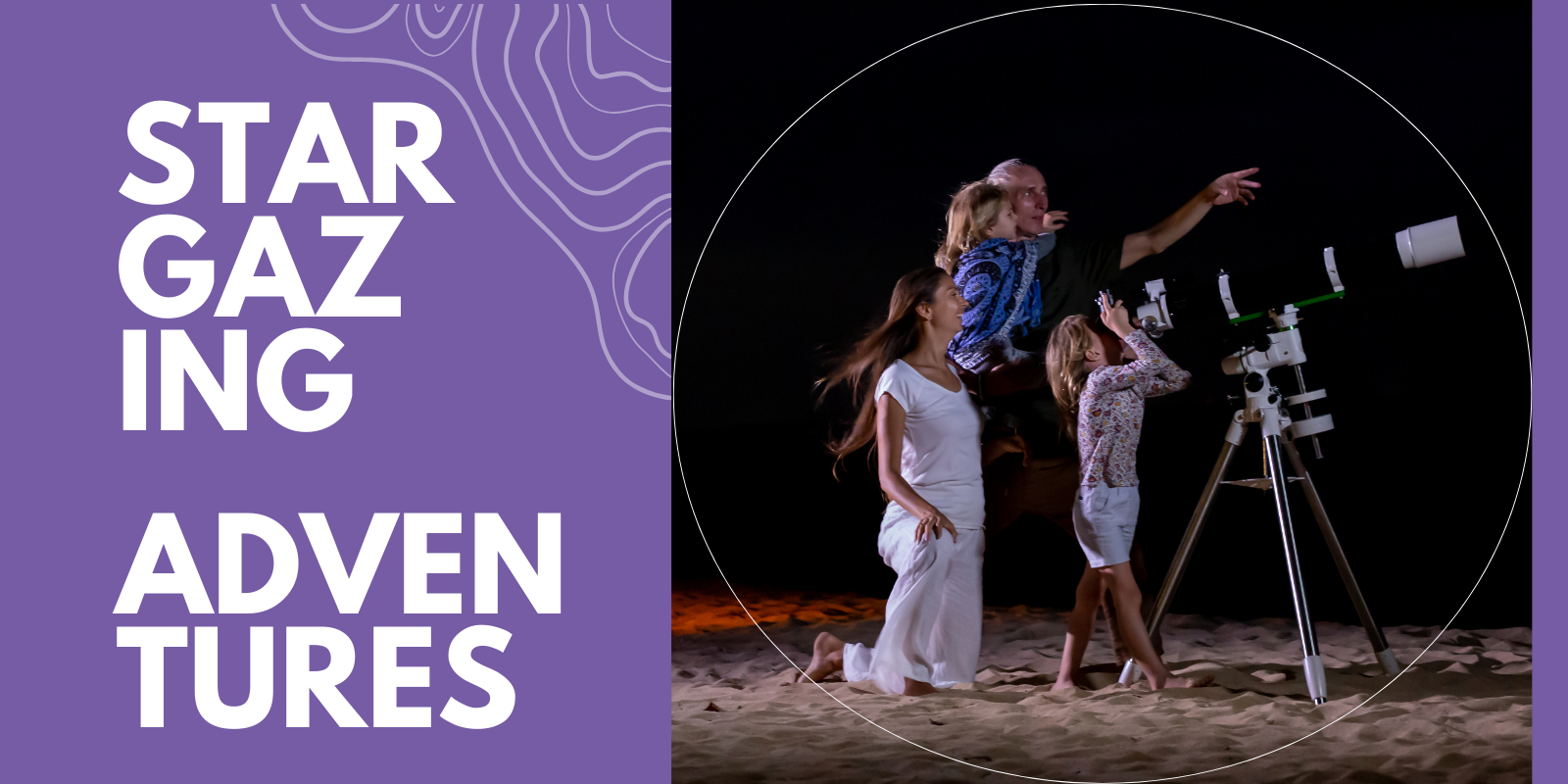Spring is the perfect time to embark on a family stargazing adventure! As the night sky comes alive, stargazing offers a chance to marvel at the beauty of creation, spark curiosity, and inspire learning about constellations, planets, and the vast expanse of the universe. Whether you're looking for a peaceful escape beneath the stars or a moment to reflect on the wonders of the Creator, there are countless places to rekindle your sense of wonder and create lasting memories.
Tips for Stargazing:
- Timing: Visit during a new moon or when the moon sets early for darker skies.
- Equipment: Bring binoculars or a telescope to enhance your viewing experience.
- Avoid City Glow: Head south or west of the big city for the darkest skies.
- Apps: Use stargazing apps like Stellarium or Night Sky to identify stars and constellations.
Stargazing Sites:
Big cities offer many advantages, but one downside is the light pollution that obscures the night sky. However, with just a short drive or a weekend trip, you can leave the glow of the city behind and experience the awe-inspiring majesty of the heavens.
1. Cedar Hill State Park (25 miles from downtown Dallas)
Why it's great: Close to DFW, Cedar Hill offers a small escape from city lights, especially in the southern parts of the park.
Tips: Visit during a new moon or after 10 p.m. for darker skies. Look for open areas near the lake for the best views.
2. Lake Mineral Wells State Park (80 miles west of DFW)
Why it's great: This state park offers darker skies and open spaces, making it a popular choice for stargazing close to the metroplex.
Tips: The park sometimes hosts astronomy events, so check their calendar for star parties.
3. Ray Roberts Lake State Park (50 miles north of DFW)
Why it's great: With its large open areas and distance from major urban centers, this park provides decent stargazing opportunities.
Tips: The Johnson Branch Unit is particularly good for finding quiet, darker spots.
4. Dinosaur Valley State Park (75 miles northwest of Waco)
Why it's great: Known for its natural beauty and prehistoric footprints, the park also offers darker skies for stargazing.
Tips: Set up near the Paluxy River to enjoy both the stars and the park’s peaceful environment.
5. Lewisville Lake Environmental Learning Area (30 miles from downtown Dallas)
Why it's great: While not as remote as other options, LLELA provides a natural setting with reduced light interference.
Tips: Attend one of their occasional stargazing events to learn from experts.
6. Fort Worth Nature Center & Refuge (15 miles northwest of Fort Worth)
Why it's great: This nature preserve offers a more rural atmosphere just outside the city and hosts occasional night programs.
Tips: Visit during one of their astronomy events for guided stargazing.
7. Acton Nature Center (60 miles southwest of DFW; 95 miles northwest of Waco)
Why it's great: Located near Granbury, this nature center has minimal light pollution and often hosts public star parties.
Tips: Check their event calendar for organized stargazing nights.
8. Copper Breaks State Park (~200 miles from DFW, ~250 miles from Austin but worth the trip)
Why it's great: Though farther away, it is designated as an International Dark Sky Park, offering some of the best views in North Texas.
Tips: This is a great overnight option for serious stargazers looking for pristine skies.

Whether you’re gazing up from a state park just outside the city or venturing to a true dark sky destination, Texas offers countless opportunities to experience the wonder of the night sky. Stargazing is more than just a pastime—it’s a chance to connect with nature, spark curiosity, and create lasting family memories. So grab a blanket, find your perfect spot, and let the Texas stars remind you just how vast and beautiful the universe truly is.


